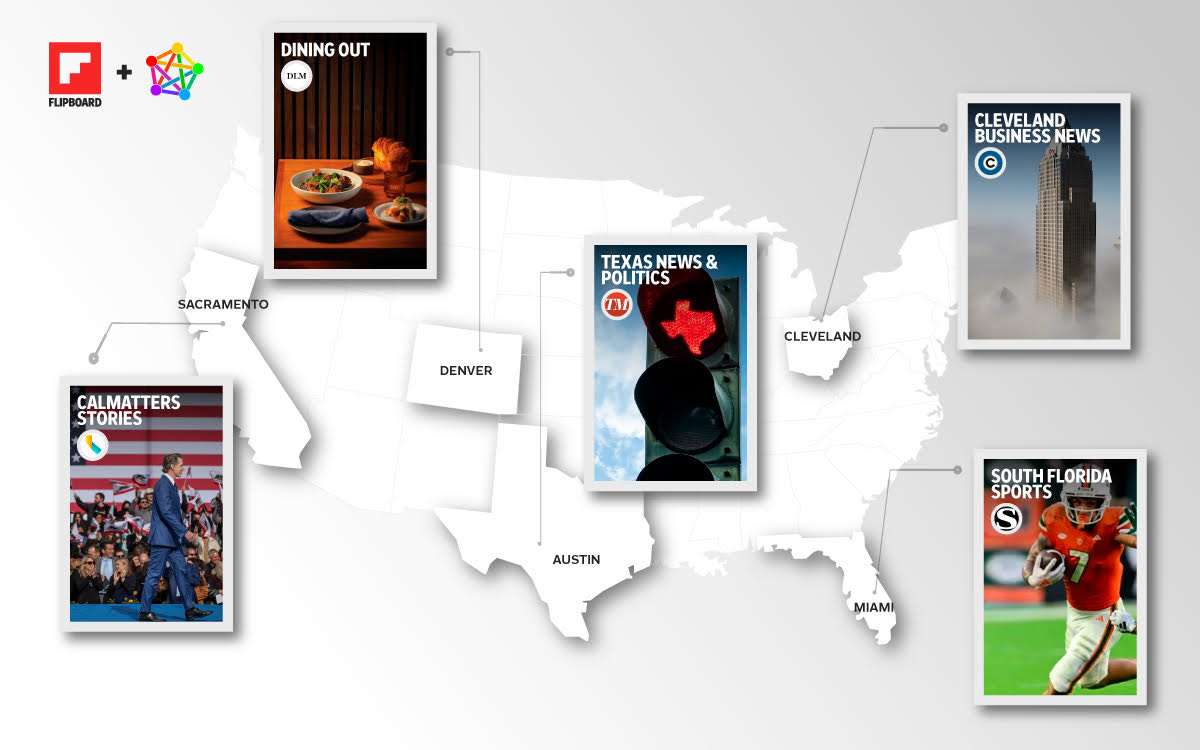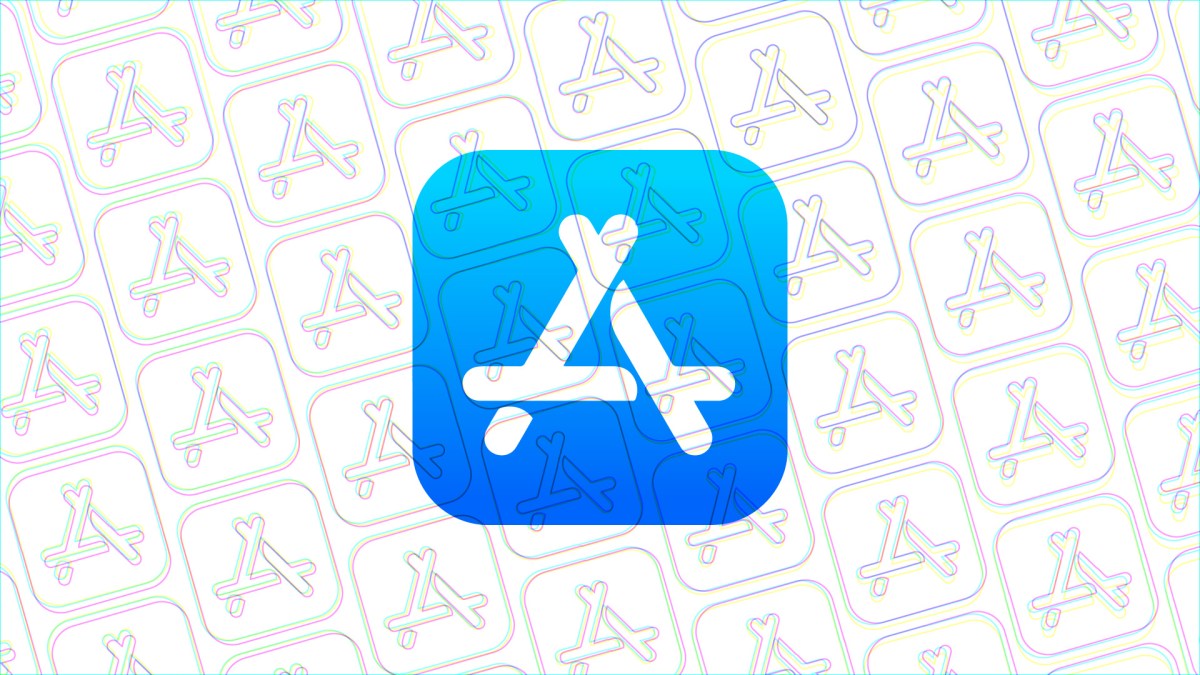

I tried to offer a gentler backgrounder on this HCI business: https://lemmy.ml/comment/17160273
The opcodes that actually jumped out at me more than the undocumented ones were the ones that erases the flash.
But the conclusion stands. None of this is a ‘backdoor’ unless you can secretly access it from the wireless side and nothing in the presentation points to that. If I had to guess, the opcodes are for QA and tuning on the manufacturing line.












We’re engaged. Will be getting married as soon as my deposit check for half the expenses clears.